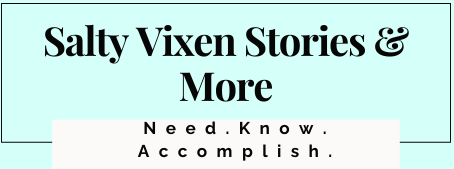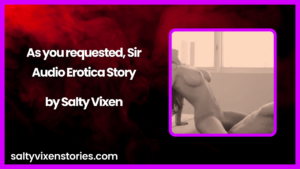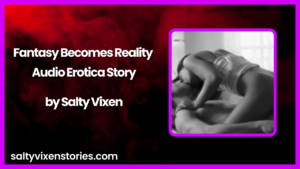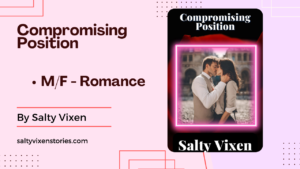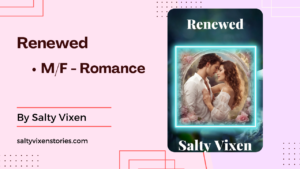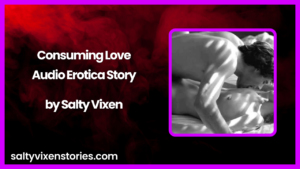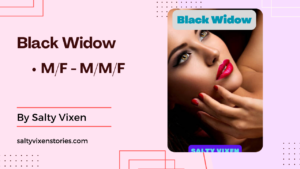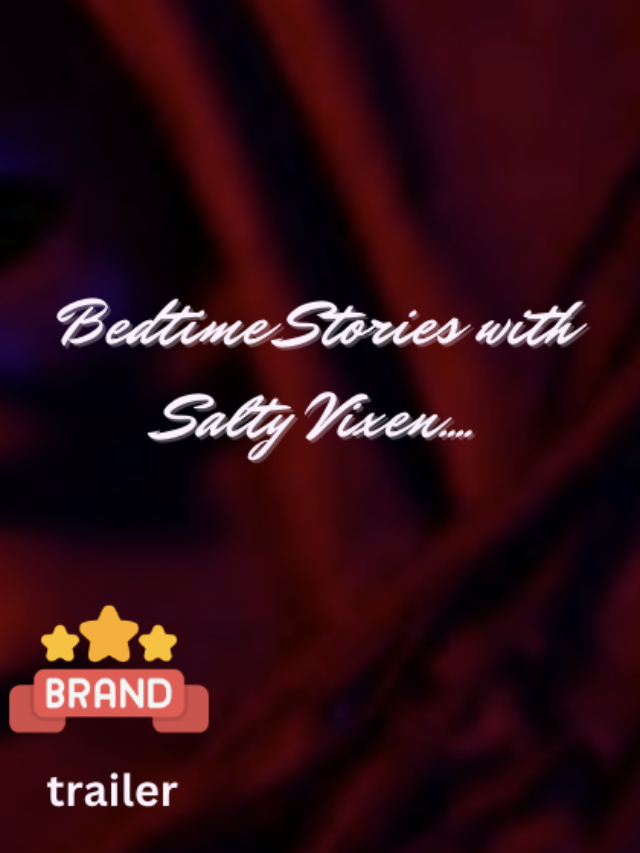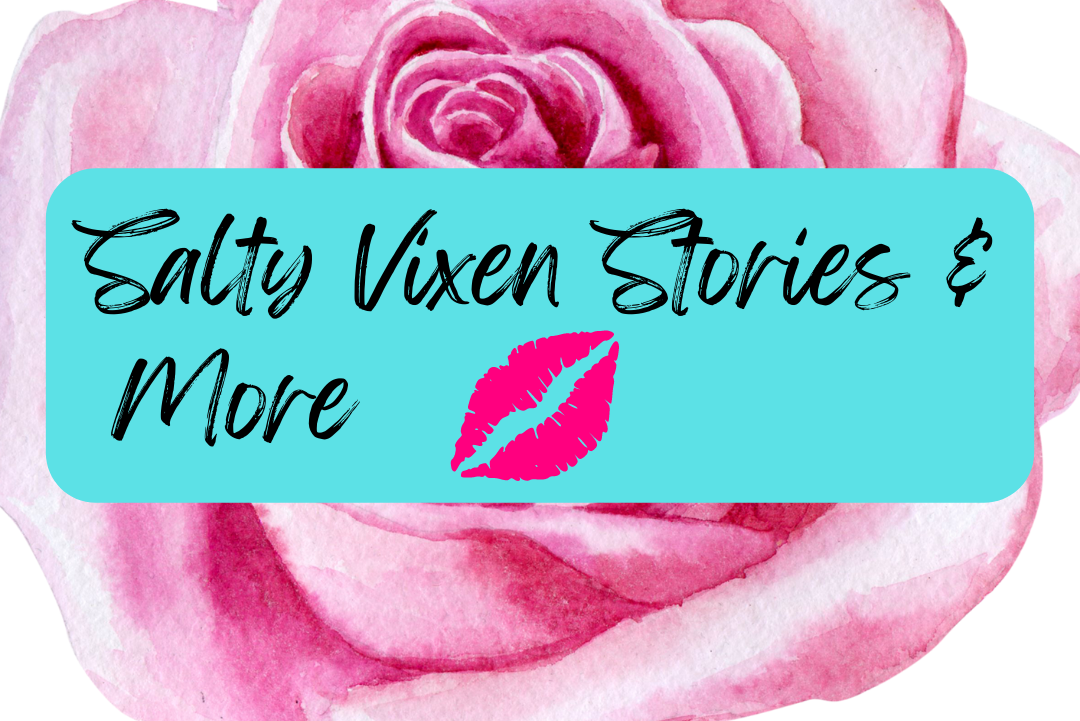1) When combining two complete sentences you have several options:
a) Sentence 1, (comma) conjunction + sentence 2.
I took one look at him, and I knew right then that I wanted him badly.
Conjunctions: and, or, but, nor, (sometimes) so
b) Sentence1; (semicolon) sentence 2.
I took one look at him; I knew right then that I wanted him badly.
2) When using nonrestrictive phrases, phrases that are not essential for the sentence to be complete (hint: that was just a nonrestrictive phrase), set them apart with commas.
The first time he touched me, his soft, warm hands working magic on my skin, I thought I would explode with desire if I did not have him.
4) When using small phrases that are essential to the sentence, do not use commas.
The girl with the gorgeous, wide-eyed smile has me thinking about her day and night.
Not: The girl, with the gorgeous, wide-eyed smile, has me thinking about her day and night.
5) When using an introductory phrase or clause at the beginning of a sentence, (hint: that was just an introductory phrase) set it apart with a comma. (hint: like I just did there)
Although it was dark and I couldn’t see how excited he was, I could feel his hardness pressed up against me.
(another hint: Usually when sentences begin with ‘when, although, because, even though, after, as if, before, if, notwithstanding, since, so, until, whenever, whereas,’ you will need a comma. There are always exceptions though, so use your own judgment to make sure the phrase you are setting apart actually does need a comma.)
6) Use a comma to separate items in a list. This can sometimes be tricky and inconsistent because some writers choose not include a comma in between the final two items of their list. To avoid confusion, I think it is a good rule of thumb to always include the final comma.
lick, suck, tickle, kiss, and stimulate
Avoid: lick, suck, tickle, kiss and stimulate
7) Colons are most frequently used to set off lists. They can be used to set off one-word lists or lists where each item is a longer phrase, sometimes even items that are complete sentences on their own.
I can be excited by many different means. For example, all of the following can get me going: gentle touching, soft kissing, rough kissing, tickling, tender passion, aggressive passion, a sweet massage, or a raunchy come-on whispered in my ear.
I can be excited by many different means: when a lover gently touches the small of my back; when a lover kisses me softly, producing goose bumps across my entire body; when a man grabs me roughly but passionately, kissing me hard; when my lover takes his finger-tips or his tongue and tickles my body all over; (you get the point)
(hint: If your phrases are long enough where you plan on using commas in the middle of them (kisses me softly, across my entire body), or if they are complete sentences, it is generally advised to use semicolons to separate your list items as opposed to commas.
1) When using an introductory phrase that is not a complete sentence to introduce or end dialogue, use a comma.
Exhausted he exclaimed, “Good night baby.”
“Good night baby,” he exclaimed as he lay down in bed exhausted from what had just occurred.
2) When using an independent clause to introduce dialogue, use a colon or simply treat them as two separate sentences.
The soft but authoritative tone in her voice drove him wild: “Kiss me.”
The soft but authoritative tone in her voice drove him wild.
“Kiss me.”
1) It’s / Its It’s does not indicate possession. It’s stands for ‘it is.’ To show possession using it, simply use its, with no parenthesis.
2) Your/ You’re Your is used to indicate possession. (your story) You’re is used to state ‘you are.’ (You’re a frequent web browser of erotic literature)
3) There/ Their/ They’re There is used to indicate place or being. (The book is over there. There are three stories in my favorites file.) ‘Their’ is used to indicate possession. (their favorite stories are…) ‘They’re’ is used to state ‘they are.’ (They’re going to each post on two different forums today.)
4) Affect/ Effect Affect is used as a verb. (His actions will not affect me.) Effect is a noun or result. (The rules are now in effect.)
5) A lot/ alot Alot is not a word. Always use a lot.
6) All right/ alright Alright is not a word. Again, always use alright.
Verbs express action or being. For example, ‘I read’ indicates action, where as ‘I am’ indicates being. Examples of other verbs of being are the following: ‘am, is, are, were. It is advised to use action verbs more frequently than verbs of being, as it will make your writing exciting and less drab.
Adjectives are used to describe nouns or pronouns, answering ‘which one, how many, or what kind.’ Words ending in ‘ly,’ such as ‘lovely’ can usually be labeled as adjectives, although this is not necessarily always the case. Numbers are also adjectives.
Adverbs are similar, but generally used to describe verbs, although they do sometimes modify adjectives and other adverbs. They answer ‘when, how, how many times, in what manner, etc. For example, ‘He read the story twice,’ or ‘She finished very quickly.’
Most advisors would suggest cutting back on adverb and adjective use, as they claim that one’s verbs and nouns should do most of the work. However, when it comes to erotic literature, I think the adverbs and adjectives are what make the stories so spicy. Be careful though, it is possible to go overboard.
Conjunctions are simply words that put two things together. The first, coordinating conjunctions, are used the most frequently. They are the following: and, but, or, nor. They combine two nouns, two verbs, two adjectives: (head and shaft, yelled and screamed, slowly and softly). They can also combine two separate independent clauses, or sentences. This is where a lot of mistakes are made. When combining two complete sentences with a conjunction, a comma must be placed before the conjunction. For example, ‘He ran his lips over my body, and I ached for him.’ The comma in between ‘body’ and ‘and’ must be there in order for the sentence to be grammatically correct.
Subordinating conjunctions, such as ‘because, although, even though, after, as if, before, if, notwithstanding, since, so, that, until, whenever, whereas, and why’ join two clauses together as well; one is independent, and one is dependent. A comma does not need to be used here. For example, ‘He enjoyed the story because the main character was appealing to him.’ However, when the conjunction is placed first in the sentence, a comma does need to be used. For example, ‘Because the main character was appealing to him, he liked the story.’
Just as in spoken language, it is advised to avoid the word ‘like’ unless it is being used as a preposition (like a river). It is generally more grammatically sound to say something along the lines of ‘I came as if there was no tomorrow,’ instead of ‘I came like there was no tomorrow.’ However, seeing as erotic literature is less, shall we say strict in its formality, using ‘like’ is acceptable. Nevertheless, it is always best to vary your writing styles and forms, so as not to create mundane narratives and dialogue.
Prepositions are the little short words that indicate direction, position, location, etc. For example, ‘to, with, from, at, in, near, by, besides, and above’ are all prepositions. It is generally advised to avoid ending sentences with a preposition. For example, instead of saying, ‘This is the subject I want to write on,’ it is better thought to say, ‘The subject upon which I want to write.’ However, creative writing is supposed to be creative; therefore it is important to not follow all the rules all the time. Besides, some things simply sound odd when trying to conform to standard writing. According to a well-known story among writers’ circles, Winston Churchill said it best when after being scolded for ending a sentence with a preposition, he said, “This is the sort of thing up with which I will not put.”
*****
Well, that’s all she wrote, and what a great way to end. Good grammar is no doubt essential to making your stories both readable and enjoyable, but it is nevertheless always important to remember that while writing creative literature, especially erotic literature, you’ve got to keep things new and exciting in order to keep your readers interested and coming back for more.
